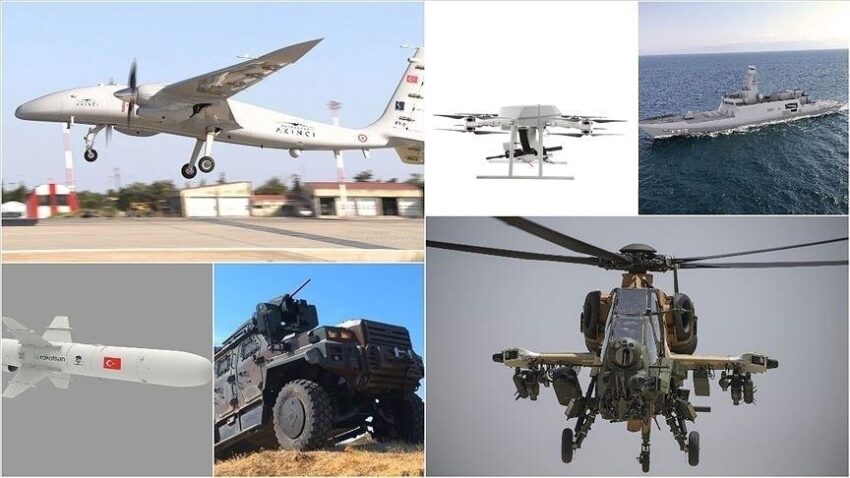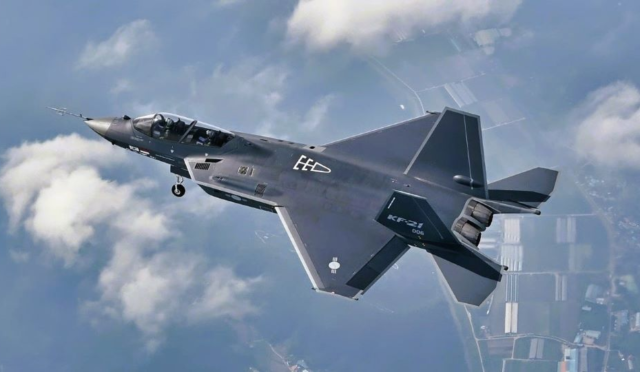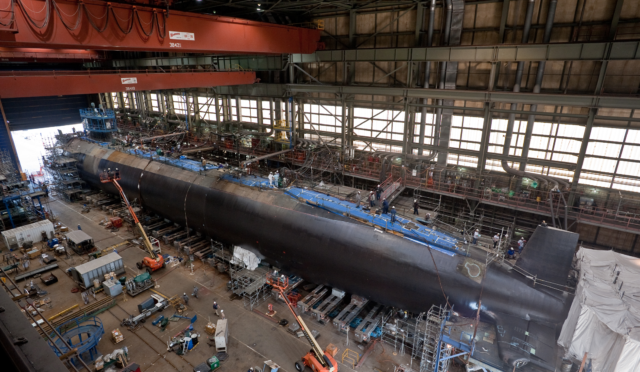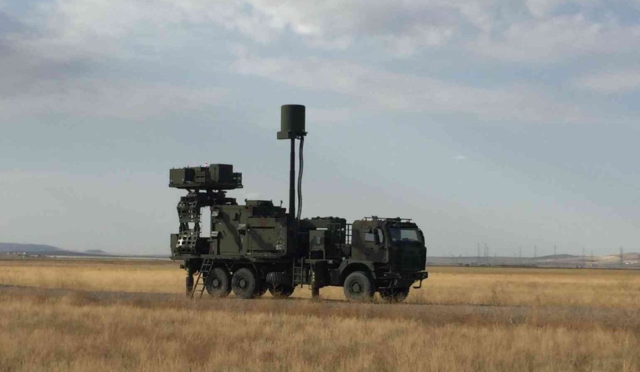While drones, warships, and fighter jets often dominate headlines, Turkey’s defense industry is also driving innovation in less visible yet highly strategic technologies — with ripple effects extending far beyond the battlefield. According to experts, this technological momentum is now strengthening Ankara’s position in energy and other critical sectors.
The 17th edition of the International Defence Industry Fair (IDEF 2025) — one of the world’s most prominent defense expos — served as a showcase not only for next-generation military platforms but also for innovations with far-reaching implications in energy, exploration, and national infrastructure.
“IDEF Should Not Be Viewed Solely as a Defense Fair”
Commenting during a tour of the exhibition, Prof. Dr. Gürkan Kumbaroğlu, Rector of Boğaziçi University and a prominent energy expert, noted that IDEF has evolved into a multidisciplinary technology platform, offering insights into capabilities far beyond conventional arms systems.
One of the standout examples he cited is “Kaşif”, an advanced unmanned underwater vehicle developed by Turkish defense company Armelsan. Originally designed for military applications, the vehicle has played a crucial role in deep-sea drilling operations in the Black Sea, and is now poised for deployment in Libya, Pakistan, and Somalia, where Turkey is expanding its exploration footprint.
“Having a defense firm build such a strategic energy tool is very telling,” said Kumbaroğlu. “It shows how far we’ve come in integrating military and civilian innovation.”
From the Seabed to Statecraft
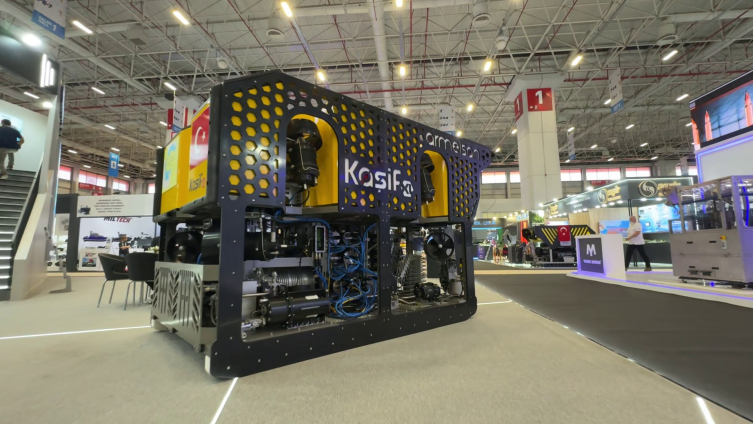
Kaşif’s latest iteration is capable of descending to 4,500 meters below sea level, up from the previous limit of 3,000 meters — a critical improvement for Turkey’s expanding deepwater energy ambitions. Kumbaroğlu emphasized that these advancements are the result of a demand-driven response, with Turkish engineers rising to the challenge of complex national needs.
“This is just one example,” he added. “There are many similar stories at IDEF 2025. The cumulative technological know-how is now bearing fruit in areas far beyond defense — and that’s an achievement of major national significance.”
Defense and Energy: A Strategic Nexus
Kumbaroğlu also drew attention to the inseparable link between military strength and energy sovereignty. He recalled early stages of Turkey’s drilling efforts in the Eastern Mediterranean, when naval assets accompanied survey and drilling ships to safeguard national interests.
“Remember the Oruç Reis seismic research vessel? We had to deploy military assets to ensure its safe operation,” he said.
According to Kumbaroğlu, this is a reality not unique to Turkey. “Across the world, countries are increasingly prepared to use military power to secure strategic energy assets. Without a robust defense capability, even a resource-rich country can be left vulnerable.”
A Synergy That Strengthens All Sectors
“Defense is no longer an isolated sector,” he concluded. “It’s the cornerstone of a much broader strategic capacity. You can’t sign energy deals without also addressing security guarantees. That’s why many of Turkey’s energy agreements are coupled with defense cooperation frameworks.”
As global competition over critical resources intensifies, Turkey’s rapidly advancing defense industry is proving to be a powerful enabler — not just for deterrence, but for diplomacy, economic growth, and technological independence.
